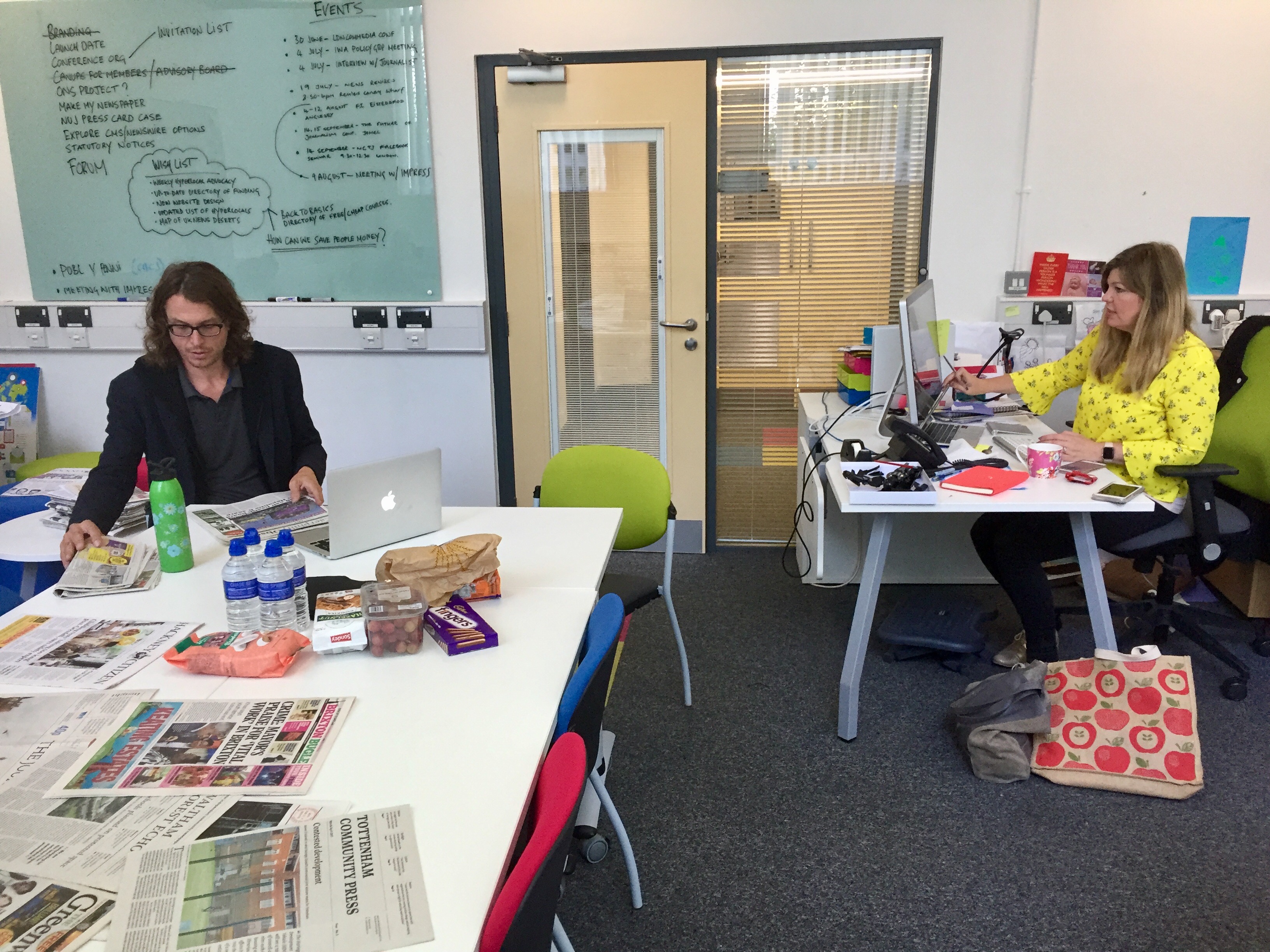Youssef Rahmen was a POLIS Summer School student this year, but normally he works for the UNDP in Gambia. He was typical of the rich mix of experience of the people who came to the International Journalism course. This is his guest-blog on a book that made waves in the Netherlands about the value of journalism. It reminds us of how the debate about the media really is world-wide.
Usually books on media and journalism don’t do that much in The Netherlands. Several hundreds, maybe a few thousand copies are sold and that’s it. Not so last year. A book called “Het zijn net mensen” (ugly translation: They are just like people) was published and almost immediately hit the bestseller lists. Why was this book so remarkably different from the others & what made it such a succes?
The writer, Joris Luyendijk, was a correspondent in the Middle East between 1998 and 2003 for several Dutch media. Newspaper & broadcast alike. He argues that the (old) media are only able to show a very tiny part of what is going on in reality in societies in the Middle East. And even this tiny part is heavily filtered, changed and manipulated. The public ‘back home’ perceives the images and texts it sees in the media as a true reflexion of what is going on. Media don’t spoil the publics’ illusions, mainly out of commercial interest. Telling the truth or, in other words, saying you don’t exactly know what is going on, is close to commercial suicide, as Luyendijk puts it.
It may sound a bit too strong, but the book certainly makes a case for a healthy portion of distrust in correspondents and media. With shiny examples of how grieving women who are not succesfully captured on film are requested to ‘repeat the scene’. Or how fathers of suicide bombers praise the heroism of their sons in front of the camera, but break down in tears once the camera stops rolling. Or of how the correspondent, not knowing what is happening at a crises scene a few kilometers away, is being told by the newsroom back home what is going on, only to repeat it a few moments later on the news, suggesting by the direct link, news is coming firsthand from the spot.
Why promote a book that was published in Dutch and thus not accessible to the English reading audience? Well…it’s about time it got translated. Lobby for it at the publisher’s directly (http://www.uitgeverijpodium.nl/home.asp#pageid=6), or their agent in London (http://www.thesusijnagency.com). Not to be missed!!
by Youssef Rahmen




1 Comments